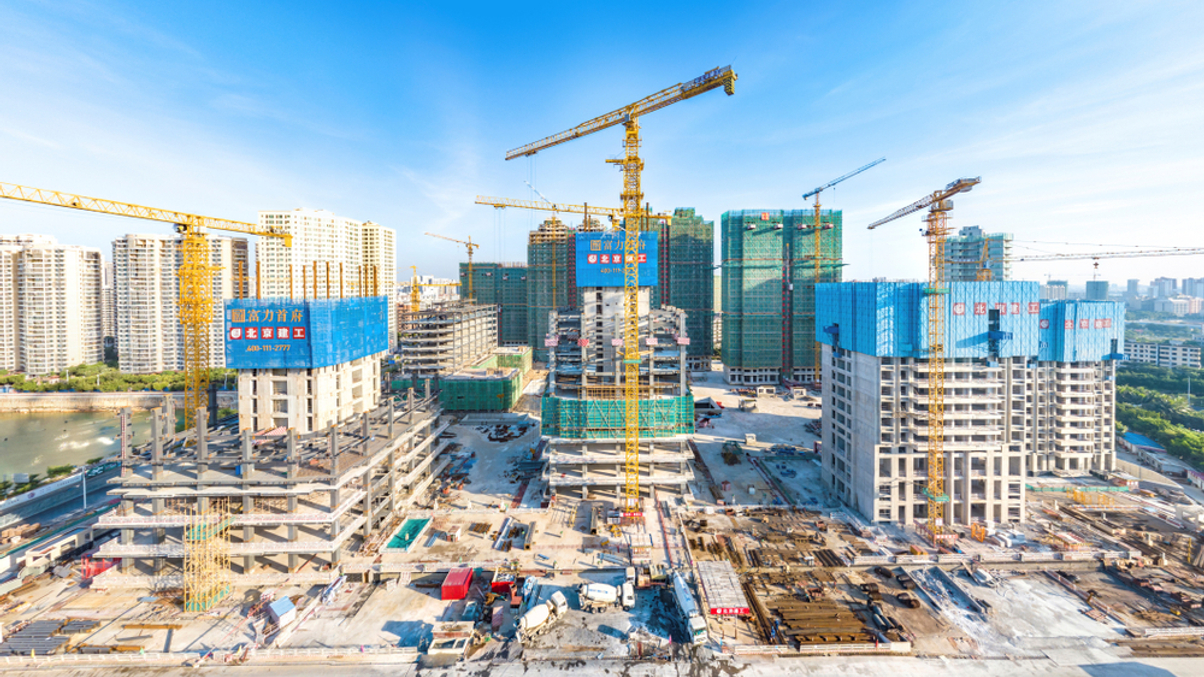Investors spooked as Chinese developers delay annual results
At least 10 have missed the deadline to announce their annual results, and EY and PwC have resigned as auditors for several large developers, raising eyebrows among investors.

Major Chinese developers have delayed declaring their annual audited results for 2021. Now investors are worried this means they have deeper hidden problems in their businesses and will struggle to repay debts.
Sign in to read on!
Registered users get 2 free articles in 30 days.
Subscribers have full unlimited access to AsianInvestor
Not signed up? New users get 2 free articles per month, plus a 7-day unlimited free trial.
¬ Haymarket Media Limited. All rights reserved.


